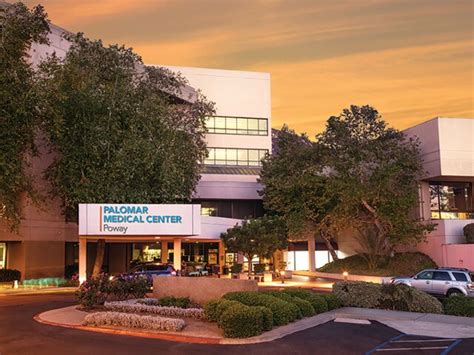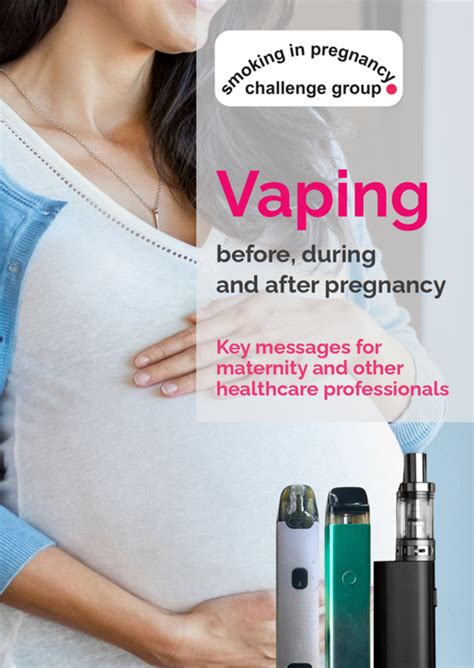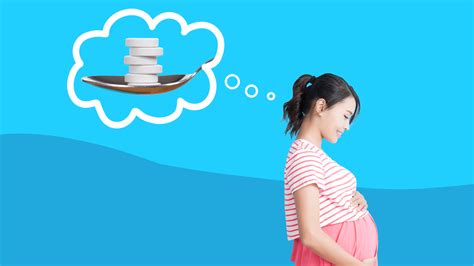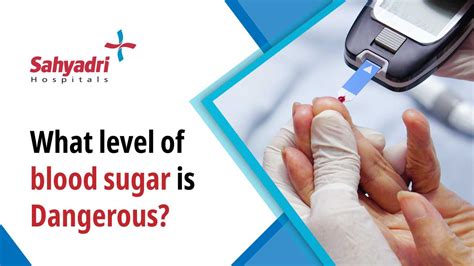Colonoscopy Diet Guide: Prep Right
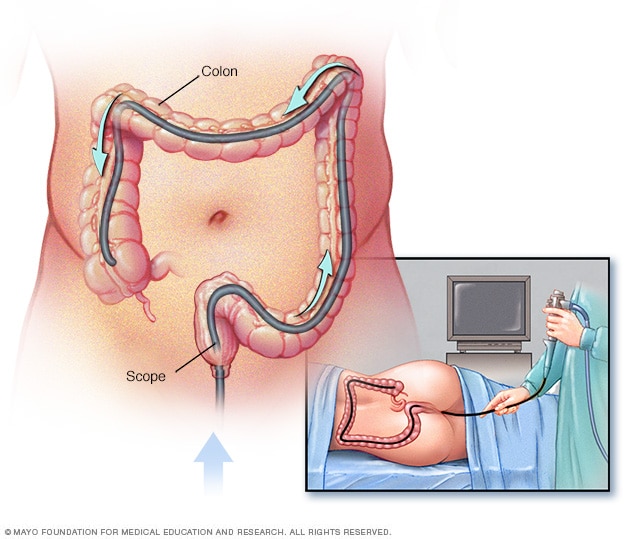
When it comes to undergoing a colonoscopy, one of the most critical steps in ensuring the procedure’s success and effectiveness is following a specialized diet beforehand. The goal of this dietary preparation is to cleanse your bowel, making it easier for your doctor to examine the interior lining of your colon and rectum for any abnormalities, such as polyps or cancer. The process involves more than just fasting from solid foods; it requires a strategic approach to consume the right foods at the right times, leading up to the procedure.
Understanding the Importance of Diet in Colonoscopy Preparation
A colonoscopy is a preventive measure against colorectal cancer and other gastrointestinal issues. For the examination to be thorough and accurate, the colon must be completely free of solid waste. This is where the diet comes into play, aiming to minimize the amount of residue in the bowel. A well-prepared colon allows for better visibility during the procedure, reducing the likelihood of needing a repeat colonoscopy due to inadequate preparation.
The General Diet Plan: A Step-by-Step Guide
The dietary preparation for a colonoscopy typically begins a few days before the procedure, gradually progressing from solid foods to clear liquids. This transition helps in cleansing the bowel and reducing the risk of complications during the colonoscopy.
3-4 Days Before the Colonoscopy:
- High-Fiber Foods: Initially, you might be advised to avoid high-fiber foods such as nuts, seeds, popcorn, and raw or dried fruits and vegetables. These can leave residue in the bowel, potentially obscuring the view during the colonoscopy.
2 Days Before:
- Low-Residue Diet: Transition to a low-residue diet, which avoids foods that can leave behind solid particles. Examples of foods to avoid include whole grains, beans, and cruciferous vegetables like broccoli and cauliflower. Opt for low-fiber foods such as plain crackers, poultry, fish, and well-cooked vegetables.
1 Day Before:
- Clear Liquids Only: The diet typically restricts to clear liquids only, 24 hours before the procedure. Clear liquids include water, clear broth, clear sodas like ginger ale, electrolyte-rich beverages like sports drinks, and gelatin. Avoid any liquids that are red or purple, as they can be mistaken for blood during the procedure.
The Day of the Colonoscopy:
- Nothing to Eat or Drink: Usually, you are advised not to consume anything for a certain period before the procedure, as instructed by your healthcare provider. This ensures your stomach is empty and reduces the risk of complications during the colonoscopy.
Enhancing Compliance and Comfort
Following a colonoscopy diet can be challenging, especially when you’re used to eating a variety of foods. Here are a few tips to make the process more manageable:
- Stay Hydrated: Drinking plenty of clear liquids can help prevent dehydration and keep you feeling fuller.
- Consider Electrolyte-Rich Drinks: Besides water, consuming electrolyte-rich beverages can help replace lost salts and minimize the risk of electrolyte imbalances.
- Plan Ahead: Knowing what you can and cannot eat can help you plan your meals and snacks more effectively, reducing the stress associated with dietary restrictions.
- Seek Support: Share your dietary needs with family and friends. Their understanding and support can make a significant difference in your compliance and overall comfort during this period.
Post-Colonoscopy Diet: Recovery and Return to Normal
After the colonoscopy, you can gradually return to your normal diet, although it’s recommended to start with light, easy-to-digest foods such as crackers, toast, plain cookies, and bland foods like bananas and rice. Avoid heavy meals, fatty, greasy, or high-fiber foods for a few hours post-procedure, as they might cause discomfort.
Conclusion
Preparing for a colonoscopy involves more than just a simple fast; it’s about ensuring your colon is clean and free of any waste that could interfere with the examination. By understanding the importance of dietary preparation and following the recommended diet plan, you can significantly contribute to the success of your colonoscopy. Always follow the specific instructions provided by your healthcare provider, as the preparation regimen may vary slightly based on individual needs and the specifics of the procedure.
What foods should I avoid 3 days before a colonoscopy?
+Avoid high-fiber foods such as nuts, seeds, popcorn, raw or dried fruits, and vegetables. These can leave residue in the bowel.
Can I drink any type of liquid the day before the colonoscopy?
+No, it's recommended to stick to clear liquids only, such as water, clear broth, or clear sodas. Avoid red or purple liquids as they can be mistaken for blood.
How long after the colonoscopy can I return to my normal diet?
+You can gradually return to your normal diet a few hours after the procedure, starting with light, easy-to-digest foods and avoiding heavy, fatty, or high-fiber meals for a while.
In conclusion, while the dietary preparation for a colonoscopy might seem restrictive, it plays a crucial role in ensuring the procedure’s effectiveness. By carefully following the recommended diet plan and listening to your body’s needs, you can make the process smoother and contribute to a successful examination. Always consult with your healthcare provider if you have any questions or concerns regarding your diet or the colonoscopy procedure itself.
